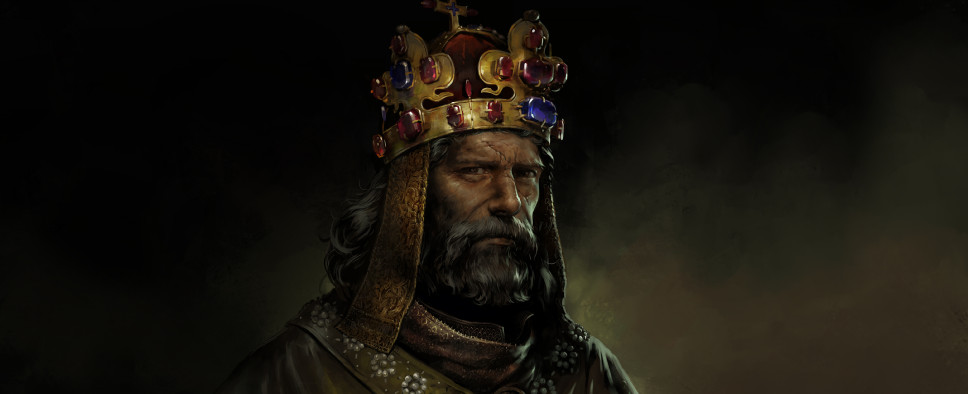Kingdom Come: Deliverance - A Case for More Historical Games
-
Category: News ArchiveHits: 4466

Personally, I'm not overly enthusiastic about hard medieval settings in video games. Neither am I tired of fantasy or Tolkien-esque cliches. However, if you can't get enough history in your entertainment and consider games like Darklands and Kingdom Come: Deliverance to be the pinnacle of the roleplaying genre, then you might enjoy this OnlySP article that argues that historical settings open the doors for a plethora of unique and exciting stories. An excerpt:
In recent years, no games, strategy genre aside, subscribe to the same level of thematic accuracy and representation than Kingdom Come and Bannerman. The former tells a tale of vengeance and retribution against King Sigismund’s invasion in Bohemia, circa 1403, whereas the latter is a grim tale of warfare as the player assumes the role of a bannerman—a role rife with danger. Surrounding the stories are backdrops that have not been mashed together from a variety of influences, but are historically focused. Playing both games almost feels like flipping through a secondary or tertiary historical source, except visual (and fun, for the record). Kingdom Come reveals that the development team has gone to great lengths to ensure all the details in the game, including the geographical accuracy of its overworld, is measured to modern accuracy. Warhorse Studios, the studio behind Kingdom Come, even went as far as to consult and work with a local expert. Brimming under both games is an unbridled passion for history, which seeps into the rest of their design.
Each story feels fresh merely because the games refuse to dilute their source material; each title is wholly committed to a narrative embedded in the medieval era, which is the most rewarding aspect of either project. Most importantly, the effects these games have come from their chosen genres. Bannerman would not illustrate the horrors of medieval warfare so effectively if it was not a 2D side-scroller, much as Kingdom Come would not be an endearing journey through 15th century Bohemia from an RTS perspective. If these titles merely trod along the well-worn path that players expect from medieval games, then the effectiveness of their narratives and historical commitment would be lost in translation.
However, portraying medieval life does come with downfalls. Each game has received mixed reviews regarding their combat, with Kingdom Come feeling weighty and realistic at best, but downright awkward at worst, and Bannerman fluctuating between breezy and clunky in equal measure with its brutal difficulty. Kingdom Come’s combat mechanics, as Richard Flint noted in his review, initially seem “clunky and unresponsive,” but as the player develops with the game over time, the combat feels increasingly intuitive. The game allows for more immersion as the mechanics mimic the struggles of the protagonists so effectively. Henry, at the beginning of Kingdom Come, is a complete novice at combat, which the player can empathise with as they, too, are ordinarily hopeless at swordplay. The gameplay feels much more rewarding as it eases up and reveals more depth as the story goes on. By sticking to not just the aesthetic sensibilities, but also the real details of the medieval period regarding combat, each title allows the player to embed and immerse themselves organically. These games do not give an inch away in their artistic visions, so no part of either falls into contrivance.

